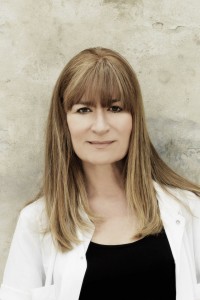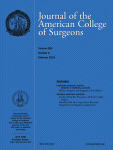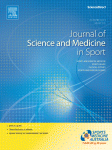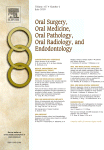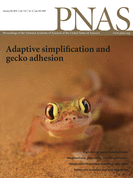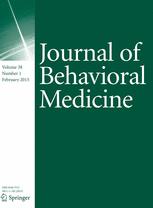 A pair of psychology researchers at West Virginia University have lost their 2013 article in the Journal of Behavioral Medicine after one of the authors was found to have cooked the data.
A pair of psychology researchers at West Virginia University have lost their 2013 article in the Journal of Behavioral Medicine after one of the authors was found to have cooked the data.
The paper, “Preference for immediate reinforcement over delayed reinforcement: relation between delay discounting and health behavior,” was written by Shane Melanko and Kevin Larkin. It examined whether people who place less importance on the future were also less likely to adopt healthy behaviors, which come with delayed benefits. Melanko, then a doctoral candidate under Larkin, was evidently at one time a psychology student of some promise.
That promise might go unfulfilled. According to the retraction notice: Continue reading Misconduct forces retraction of health behavior paper
